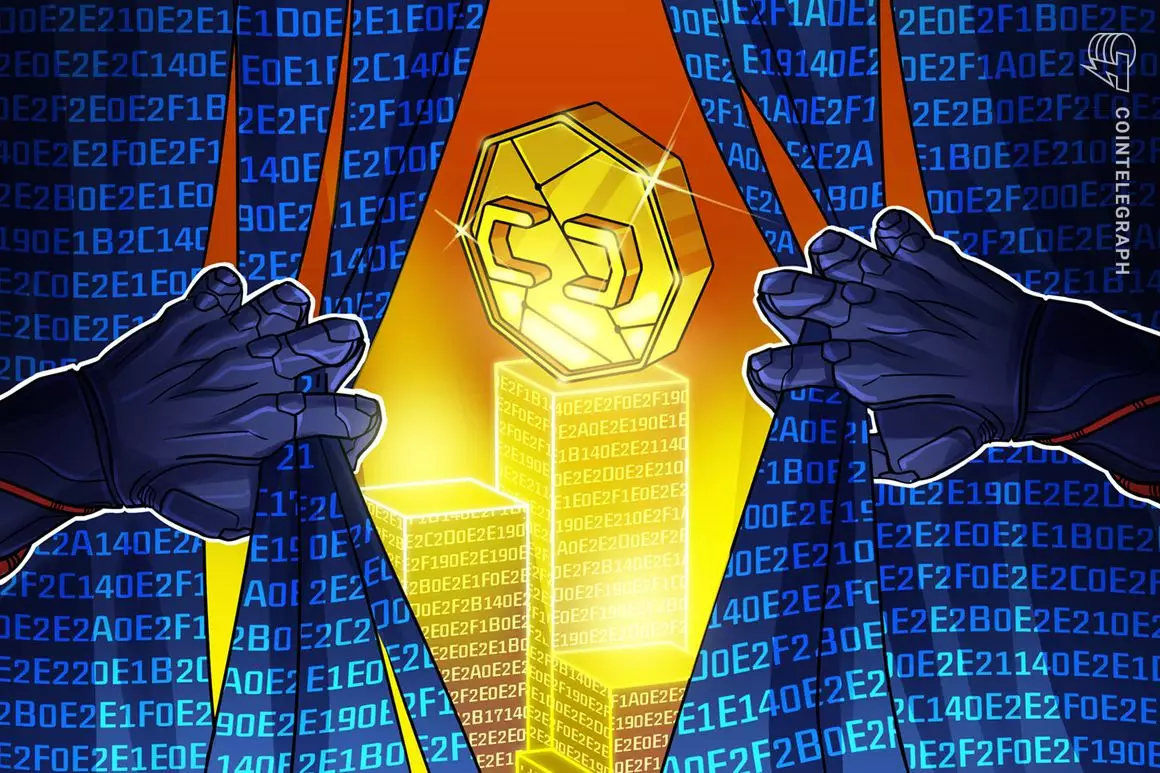DeFi continues to make significant strides, and this week, Ethereum staking services have reached an agreement on implementing a 22% limit on all validators. This decision aims to ensure fair markets and maintain the decentralization of the Ethereum network. Several providers, including Rocket Pool, StakeWise, Stader Labs, and Diva Staking, have committed or are in the process of committing to this self-limit rule. By imposing this restriction, these providers demonstrate their commitment to the Ethereum ecosystem and its users.
Unfortunately, August proved to be another costly month for DeFi, as multiple protocols were exploited, resulting in a collective loss of $16 million. This serves as a reminder of the ongoing risks associated with DeFi investments and the need for robust security measures. However, it is worth noting that this amount is significantly lower compared to the $320.5 million lost in July. The decrease in losses is a positive sign that security measures are improving within the industry.
Balancer Protocol, an Ethereum automated market maker and DeFi protocol, has confirmed a loss of nearly $900,000 due to a vulnerability that was flagged several months ago. This incident highlights the importance of addressing vulnerabilities promptly and implementing necessary security patches. The exploit resulted in an Ethereum address receiving substantial amounts of Dai (DAI) stablecoin, totaling over $893,978. It is crucial for DeFi protocols to prioritize security to protect users’ funds and maintain trust in the ecosystem.
Coinbase’s layer-2 platform will soon feature USD Coin (USDC), a widely used stablecoin. The native integration of USDC on the Base network will replace the current USD Base Coin (USDbC). Previously, users had to bridge USDC from Ethereum to access it on the Base network. This integration simplifies the process and provides users with a seamless experience. The launch of USDC on the Base network further enhances the growing ecosystem of decentralized finance.
Shibarium, a layer-2 network for the Shiba Inu (SHIB) token, has achieved a significant milestone with over 100,000 wallets on its platform. Within 24 hours of Shibarium’s relaunch, it attracted 35,000 new wallets. This demonstrates the growing interest in decentralized finance and the demand for accessible and efficient solutions. Shytoshi Kusama, the lead developer and co-founder of Shiba Inu, expressed excitement about Shibarium’s success and the increasing number of users embracing the platform.
The DeFi market experienced a bearish week, primarily driven by an overall market decline after news of a delay in the approval decision for a spot Bitcoin’s spot exchange-traded fund (ETF). The majority of DeFi tokens traded in the red on the weekly charts, reflecting the market sentiment. Additionally, the total value locked in DeFi protocols remained below $50 billion. Despite the temporary downturn, the DeFi market remains resilient, and investors should consider the long-term potential of the sector.
As the decentralized finance sector continues to evolve, it faces both successes and challenges. The agreement among Ethereum staking services to limit validators’ share highlights the commitment to decentralization and fairness. However, the exploits and vulnerabilities experienced by protocols like Balancer serve as a reminder of the need for robust security measures. The integration of USD Coin on Coinbase’s layer-2 platform and the significant growth of Shibarium demonstrate the increasing popularity and adoption of DeFi solutions. While market fluctuations can impact the performance of DeFi tokens in the short term, the long-term potential of decentralized finance remains promising. As the industry continues to mature, it is essential for stakeholders to prioritize security, usability, and innovation to drive the continued growth of DeFi.

